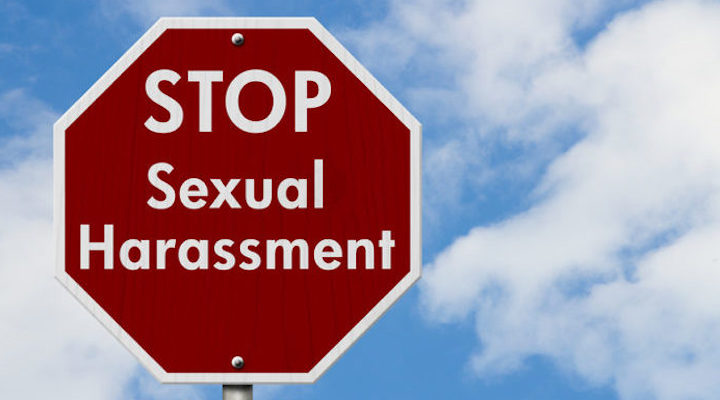The Federal Parliament has passed landmark legislation the Respect@Work bill that seeks to prevent sexual harassment in the workplace and promote greater gender equality.
Under the new law, employers are obliged to implement measures to eliminate sex discrimination, sexual harassment, and victimisation in workplaces and business owners across the country are encouraged to start complying and making necessary changes.
To ensure the law’s effective implementation, a 12-month transitionary period will be in place before the duty becomes enforceable.
Recent research noted that workplace sexual harassment was estimated to cost the Australian economy approximately $3.5 billion in 2018, with loss of productivity estimated to have reached $2.6 billion, a huge cost that is borne by employers and business owners.
Another report found that certain industries such as hospitality and building and construction have toxic cultures and environments that result in unwanted sexual advances or sexual harassment. In fact, 60 per cent of hospitality staff have experienced sexual harassment, and 42 per cent of the respondents said the abuse came from their managers or supervisors.
Compounding the matter is the high degree of informality in small businesses that often increases the risk of sexual harassment, not to mention the lack the manpower and knowledge among small businesses to handle sexual harassment complaints.
As such, an industry-based approach would help in supporting employers in preventing workplace sexual harassment.
“Sexual harassment has often been dismissed as a female problem. It isn’t. It’s a societal and cultural problem,” Jane Preskett, Employsure’s Health and Safety Manager, said. “Workplace sexual harassment is a massive risk and shouldn’t be taken lightly. If employers have a sexual harassment policy in place, it can act as a prevention tool and protect themselves and their employees.
“There are some key measures employers can take to ensure sexual harassment doesn’t happen in their workplaces,” Preskett added. “Firstly, enforce zero-tolerance. Develop a zero-tolerance approach on sexual harassment in the company policies and procedures, and then articulate it to all existing and current employees. Secondly, train your staff. Training will help employees retain information and speak up to report incidents. Employers should also provide a safe and confidential channel where employees can complain. Thirdly, investigate all claims. Any claim of sexual harassment should be investigated, even if they happened outside of work hours and the workplace. It is up to the victim whether they consider an incident as a form of sexual harassment, and employers should investigate them even if they find the accusations personally offensive.”
The story was originally published on Inside Small Business.






